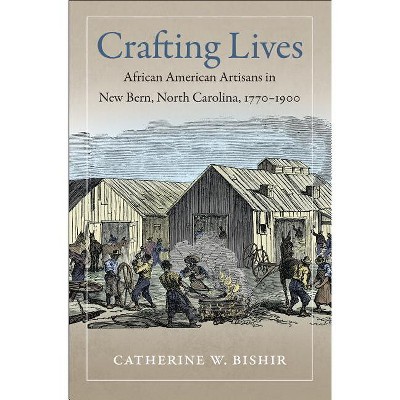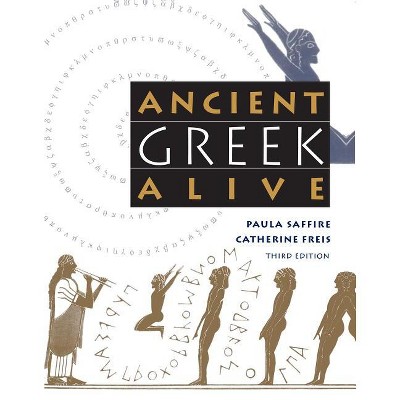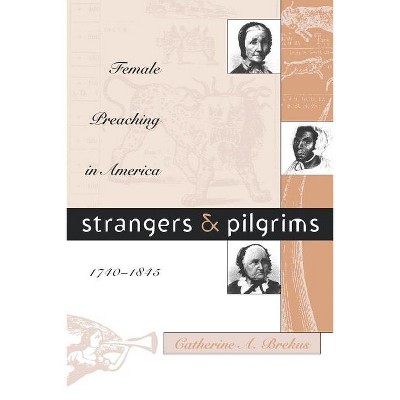Sponsored

Culture in the Clinic - (Studies in Social Medicine) by Catherine Mas
In Stock
Sponsored
About this item
Highlights
- After the 1959 Cuban Revolution, hundreds of thousands of Cuban refugees came to Miami.
- Author(s): Catherine Mas
- 318 Pages
- Medical, Health Policy
- Series Name: Studies in Social Medicine
Description
About the Book
"After the 1959 Cuban Revolution, hundreds of thousands of Cuban refugees came to Miami. With this influx, the city's health-care system was overwhelmed not just by the number of patients but also by the differences in culture. Mainstream medicine was often inaccessible or inadequate to Miami's growing community of Latin American and Caribbean immigrants. Instead, many sought care from alternative, often unlicensed health practitioners. During the 1960s, a recently arrived Cuban feeling ill might have visited a local clâinica, a quasi-legal storefront doctor's office, or a santero, a priest in the Afro-Cuban religion of Lukumâi or Santerâia. Catherine Mas shows how immigrants reshaped American medicine while the clinic became a crucial site for navigating questions of wellness, citizenship, and culture"--Book Synopsis
After the 1959 Cuban Revolution, hundreds of thousands of Cuban refugees came to Miami. With this influx, the city's health care system was overwhelmed not just by the number of patients but also by the differences in culture. Mainstream medicine was often inaccessible or inadequate to Miami's growing community of Latin American and Caribbean immigrants. Instead, many sought care from alternative, often unlicensed health practitioners. During the 1960s, a recently arrived Cuban feeling ill might have visited a local clínica, a quasi-legal storefront doctor's office, or a santero, a priest in the Afro-Cuban religion of Lukumí or Santería. This exceptionally diverse medical scene would catch the attention of anthropologists who made Miami's multiethnic population into a laboratory for cross-cultural care. By the 1990s, the medical establishment in Miami had matured into a complex and culturally informed health-delivery system, generating models of care that traveled far beyond the city. Some clínicas had transformed into lucrative HMOs, Santería became legally protected by the courts, and medical anthropology played a significant role in the rise of global health. Catherine Mas shows how immigrants reshaped American medicine while the clinic became a crucial site for navigating questions of wellness, citizenship, and culture.
Review Quotes
"Culture in the Clinic superbly explores the critical ways medical anthropology impacted medicine."--Journal of American History
"An extremely engaging read and should appeal to scholars in medical humanities, history of medicine, medical anthropology, medical geography, and ethnic studies. It is a welcome contribution and will hopefully inspire other researchers to explore the rich cultural history and healing traditions of Miami and other diasporic enclaves in the United States."--H-Sci-Med-Tech
"Creatively conceptualized and thoroughly researched, Culture in the Clinic offers a novel approach to an understudied set of questions at the nexus of the history of medicine, sociomedical science, and transnational U.S. history."--Julia E. Rodriguez, University of New Hampshire
"Mas captures the vibrant movements that transformed twentieth-century Miami into a global city. Using healthcare in Miami as the specific object of analysis, Mas shows how Cold War global imaginaries intersected with local realities of place in ways that continue to influence contemporary care in the USA."--Social History of Medicine
Shipping details
Return details
Trending Non-Fiction


















